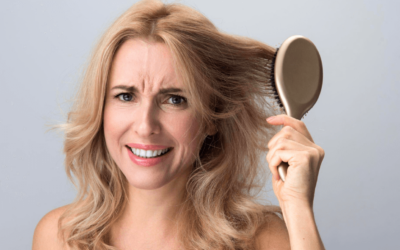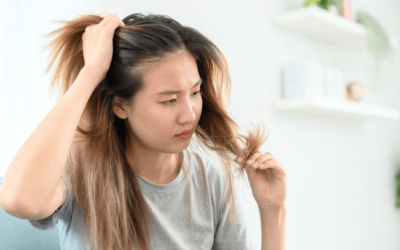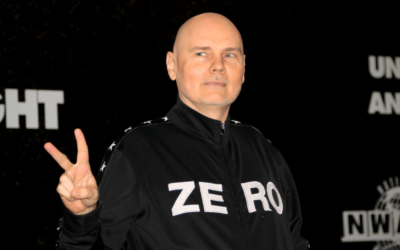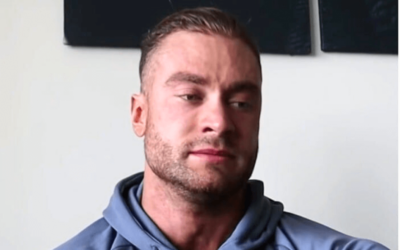Hair loss can be a concerning side effect of certain medications, and Reclast is no exception. In this comprehensive guide, we’ll delve deep into the relationship between Reclast and hair loss.
We’ll exploring potential causes, side effects, and how to manage hair loss while undergoing Reclast treatment.
Understanding Reclast
Before we dive into the intricacies of hair loss and Reclast, let’s get acquainted with what Reclast is and why it’s prescribed.
Reclast (Zoledronic Acid): Reclast is a medication primarily used to treat and prevent bone-related conditions such as osteoporosis, Paget’s disease, and bone metastasis from cancer.
It belongs to a class of drugs called bisphosphonates and is typically administered via an intravenous (IV) infusion.
Hair Loss and Medications: The Connection
Hair loss can occur as a side effect of various medications, and it’s essential to recognize that it may not always be directly caused by the drug itself.
Some drugs can disrupt the natural hair growth cycle, leading to hair thinning or shedding. When it comes to Reclast, hair loss is a reported side effect in some cases.
Let’s explore why this might happen:
Disruption of the Hair Growth Cycle: Medications like Reclast can potentially interfere with the hair growth cycle. Anagen (growth), catagen (transitional), and telogen (resting) phases can be affected, leading to hair loss.
Nutrient Absorption: Reclast, as a medication that affects bone metabolism, may indirectly impact the absorption of essential nutrients needed for hair health. This can contribute to hair loss.
Stress: Dealing with a medical condition for which Reclast is prescribed can be emotionally and physically stressful. Stress itself is a known contributor to hair loss.
Potential Causes of Hair Loss with Reclast
Understanding the potential causes of hair loss while using Reclast is crucial. While it’s challenging to pinpoint the exact reason for individual cases, these factors may contribute:
Individual Sensitivity: Some individuals may be more sensitive to medications, including Reclast, and are more likely to experience side effects like hair loss.
Dosage and Frequency: The dosage and frequency of Reclast administration can vary based on the condition being treated. Higher doses or frequent infusions might increase the likelihood of experiencing hair loss.
Concurrent Medications: If you are taking other medications alongside Reclast, interactions between these drugs could exacerbate hair loss.
Underlying Health Conditions: Existing health conditions, such as hormonal imbalances or nutritional deficiencies, can make you more susceptible to hair loss while using Reclast.
Managing Hair Loss while Using Reclast
Experiencing hair loss while undergoing Reclast treatment can be distressing, but there are steps you can take to manage it effectively:
Consult Your Healthcare Provider: If you notice hair loss while on Reclast, consult your healthcare provider. They can assess whether the hair loss is related to the medication or due to other factors.
Review Medication Options: Depending on your specific medical condition, your doctor may explore alternative medications with fewer reported side effects related to hair loss.
Nutritional Support: Ensure you’re maintaining a balanced diet rich in essential vitamins and minerals like biotin, zinc, and iron, which are crucial for hair health.
Stress Management: Implement stress-reduction techniques such as meditation, yoga, or counseling to minimize the emotional and physical stress that can exacerbate hair loss.
Gentle Hair Care: Be gentle with your hair. Avoid tight hairstyles, excessive heat styling, and harsh chemical treatments that can further damage fragile hair.
Hair Supplements: Discuss the use of hair growth supplements with your healthcare provider. They can recommend products containing ingredients like biotin or collagen.
Support Groups: Consider joining support groups or forums where individuals share their experiences with Reclast and hair loss. Connecting with others who have faced similar challenges can be reassuring.
Conclusion
While hair loss can be a distressing side effect of Reclast, it’s essential to remember that not everyone will experience it, and the severity can vary. Understanding the potential causes and taking proactive steps to manage hair loss can help you navigate this aspect of your Reclast treatment journey.
If you suspect that your hair loss is related to Reclast, don’t hesitate to reach out to your healthcare provider. They can provide guidance, reassurance, and potential solutions to ensure that you maintain your overall well-being during your treatment.
In summary, Reclast is a valuable medication for managing various bone-related conditions, but it’s vital to be aware of its potential side effects, including hair loss, and to take appropriate steps to address and manage them.
Remember, you’re not alone in this journey, and there are resources and support available to help you maintain both your bone health and your confidence in your appearance.
















